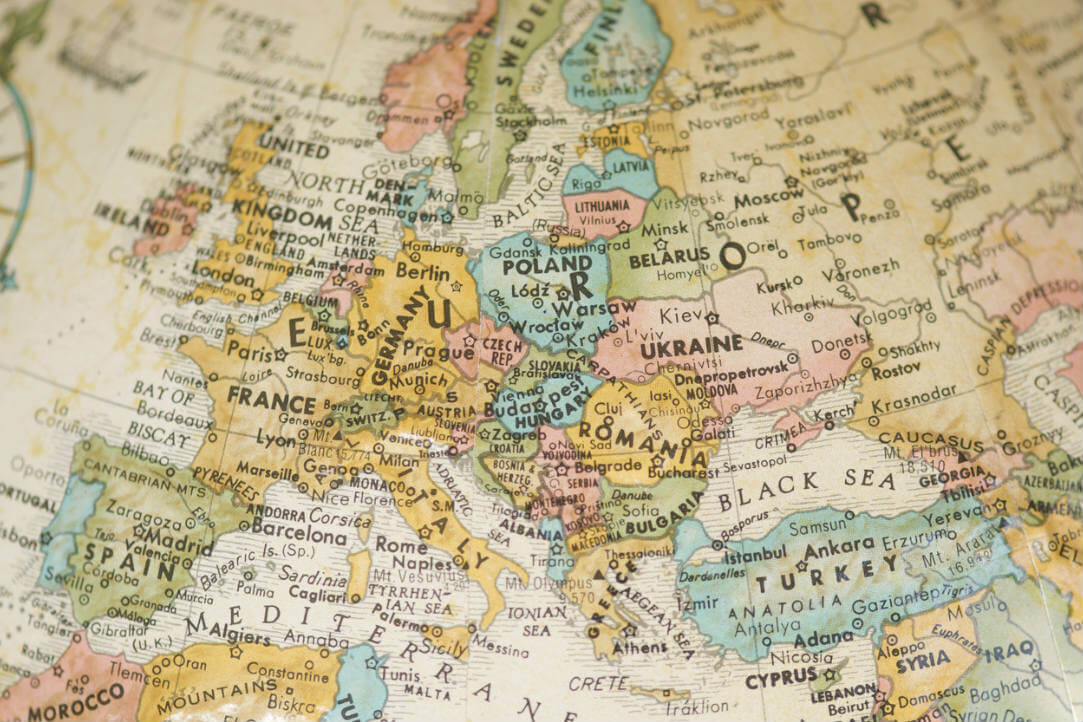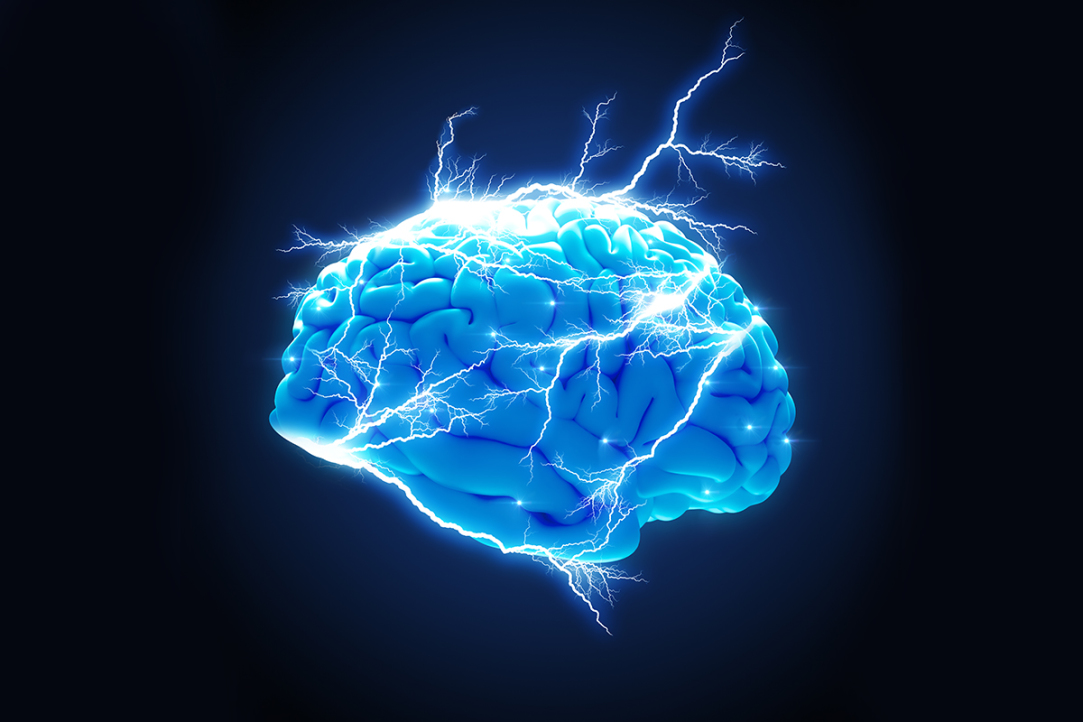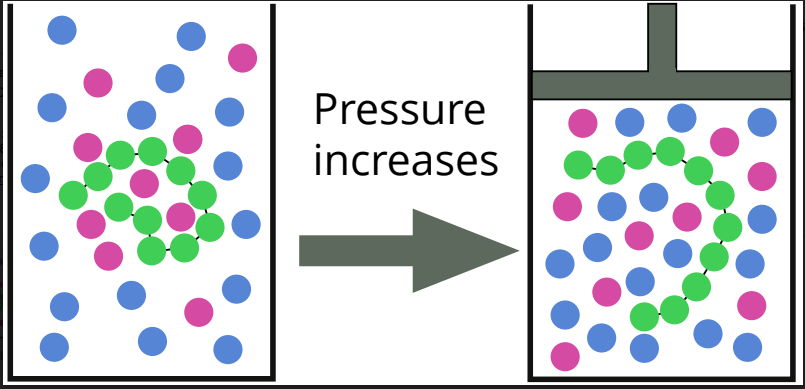
HSE Launches Service for Psychometric Analysis of Online Courses
The website ‘Modern Digital Educational Environment in the Russian Federation’ has integrated an automated service for psychometric data analysis, which helps to improve the quality of educational content and the effectiveness of studying by analyzing the ‘digital footprints’ of students enroled in online courses.

Ageing Europe: Which Parts of Europe Have the Youngest and Oldest Populations?
Demographers have created a detailed colour map of population ageing in European countries; a collection of demographic stories, it uses colour coding to indicate the varying stages of population ageing across Europe. By looking at the map, you can easily spot areas with a higher concentration of older people, countries with the youngest populations and the main destinations for workforce flows. The map's author Ilya Kashnitsky comments on some of the demographic stories it tells.

STEMatisation of Women: How Gender Stereotypes Can Prevent Women from Having Careers in Knowledge-intensive Industries
Having studied gender imbalances in disciplines such as science, technology, engineering and mathematics, HSE sociologists propose steps to support women in choosing STEM and staying in this field.
Russia’s Economic and Social Development Depends on How It Responds to Technological Challenges
During a plenary session of the HSE XIX April International Academic Conference, participants discussed the technological future of the Russian economy and how it relates to objectives such as speeding up economic growth and improving the quality of life.

How Neurotechnologies Impact Risk Appetite
Researchers from the Higher School of Economics have shown that by stimulating the frontal cortex, a person’s financial risk appetite can be increased temporarily. Their article on the cognitive mechanisms of risky decision-making was published in eNeuro, an international peer-reviewed scientific journal published by the Society for Neuroscience.

Scientists Learned to Predict Public Corruption with Neural Networks
Scientists from Higher School of Economics (HSE) and University of Valladolid have developed a neural network prediction model of corruption based on economic and political factors. The results of the research were published in Social Indicators Research.

Co-nonsolvency Explained: Researchers Publish Ground-breaking Findings
Researchers from the Higher School of Economics and the University of Leipzig have created a model which enables the timely and effective prediction of polymer behavior in mixed solvents. This is the first scientific work to explain, using statistical mechanics, the effect of suppression of co-nonsolvency at high pressures. The findings have been published in the journal Soft Matter.

The Soviet Film Revolution
The October Revolution created a new cinema. At first, 'the most important of all arts' struggled to keep up with social transformations and was not yet used as a weapon in the fight for a communist culture. But the mid-1920s, an innovative, cutting-edge film industry had emerged from sources such as theatre, street performance, posters, poetry and circus shows. This industry was able to do what the politicians had failed to achieve, namely trigger a world revolution.

Foreign Investments are Crucial for Positive Return on Exports
Experts at HSE have shown that the foreign direct investment is an important and necessary determinant for positive return on exports. Such companies consequently encounter a higher level of competition in terms of quality and intensity. Research results have been published in the Baltic Journal of Management.

Technological Unemployment
In his book, Rise of the Robots: Technology and the Threat of a Jobless Future, futurist Martin Ford warns of 75% unemployment by 2100, as robots will finally defeat humans and half of all existing occupations will disappear. Should we believe it? Prominent Russian economist and deputy director of the HSE Centre for Labour Market Studies Rostislav Kapeliushnikov does not think so. According to his paper 'Is Technological Change a Devourer of Jobs?'', predictions of a 'labour market apocalypse' with mass loss of jobs caused by technological progress are unfounded.

